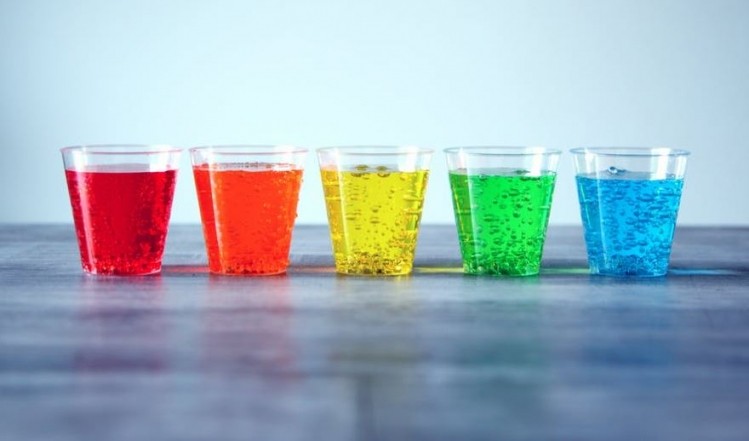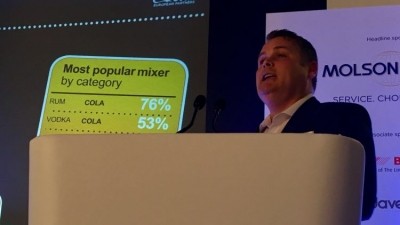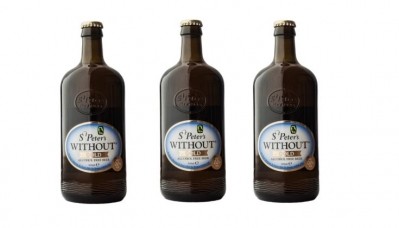Sugar tax has ‘little impact’ on consumer habits

The UK’s sugar tax has had minimal impact on consumer behaviour since coming into effect in April, data from insight agency Nielsen has shown.
Near two thirds (62%) of consumers claim to buy soft drinks with the same frequency prior to the enforcement of the tax, with one fifth of those asked checking the sugar content of drinks more often.
Just over a 10th of consumers said they planned to stop drinking sugary soft drinks before the tax came into effect, however, this fell to 1% after the tax.
Planned to buy sugary soft drinks
More people said they planned to buy sugary soft drinks now than in the lead up to the tax, increasing from 31% in 2017 to 44% in June this year.
Despite the new rules having little impact on shopping habits, the majority (54%) of consumers support the Government’s move to crack down on unhealthy drinks, with some saying the levy still wasn’t strict enough.
More than two-thirds (69%) say the tax should be extended to confectionary and biscuits.
Nielsen consumer and shopper partner Aylin Ceylan said: “Although the sugar tax hasn’t been as drastic as anticipated, sugar intake is still a major health concern for the majority of Britons.
“Sugar continues to be the number one health concern for the fourth consecutive year and initiatives like the soft drinks industry levy doubtless contribute to furthering awareness.
‘Average sugar content’
“While we haven’t seen any significant changes in consumer habits, we have seen manufacturers adapt accordingly. The average sugar content has been steadily decreasing in key fast-moving consumer goods categories, such as carbonated drinks and breakfast cereals.”
The majority of soft drinks now fall below the sugar tax threshold, as manufacturers worked in the run up to the levy’s implementation to make their products healthier or to offer sugar-free alternatives, she added.
“As a result, drinks below the threshold are driving growth due to more households buying more, often at higher prices, and shoppers shifting to low-sugar alternatives.
“Post-sugar tax, shoppers are also continuing to purchase sugary soft drinks, but buying less and less often.”






